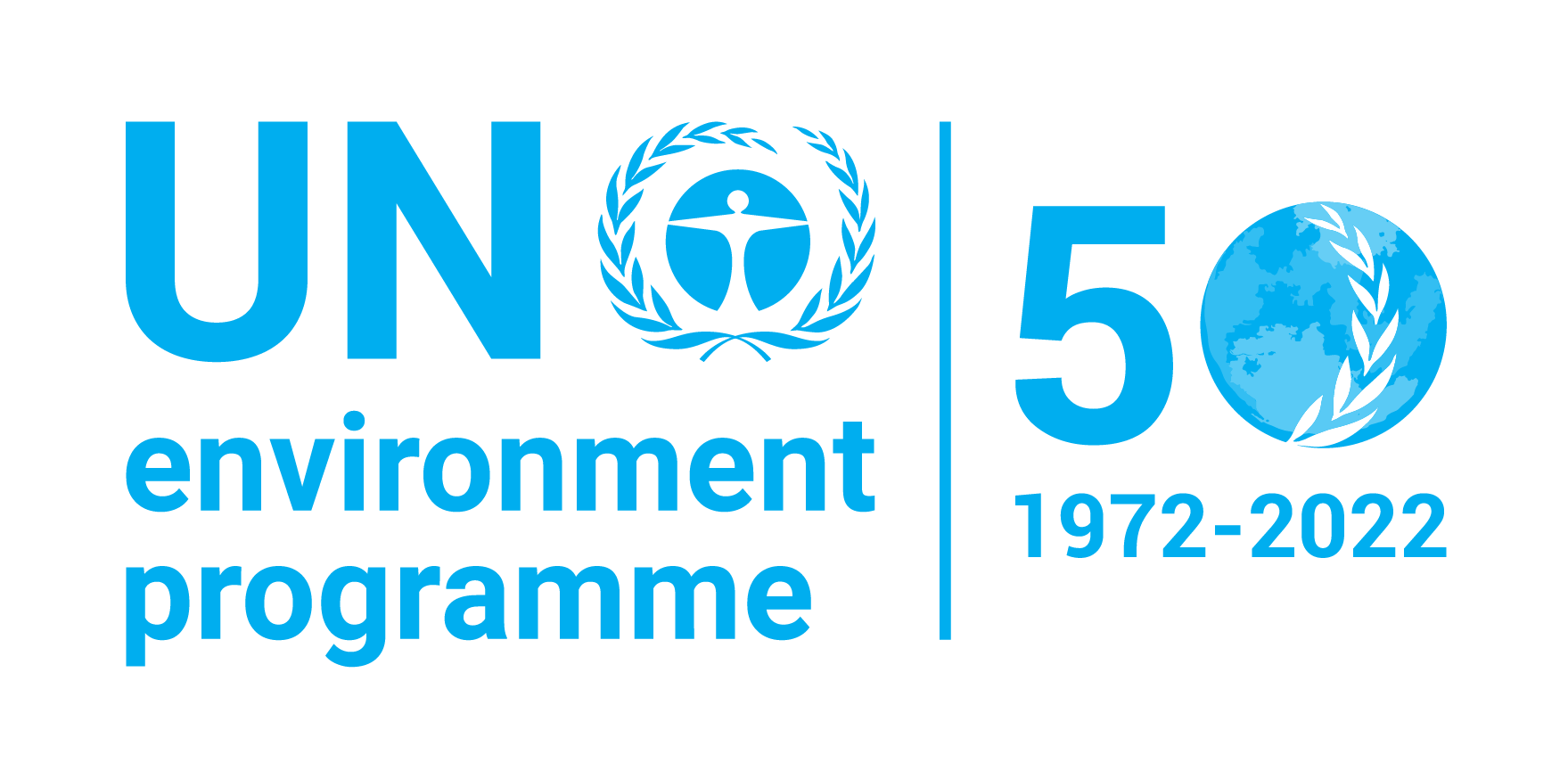| dc.contributor.author | United Nations Environment Programme | |
| dc.contributor.author | Intergovernmental Oceanographic Commission (IOC) | |
| dc.contributor.author | Food and Agriculture Organization of the United Nations | |
| dc.contributor.other | L.G Anderson, G. Bjork, W. N. Bonner, A.C. Clark, A. L. Dick, W. Ernst, D.W.S. Limbert, D.A Peel, J. Priiddle, R.I.L. Smith and D.W.H. Walton | |
| dc.contributor.other | Stomberg, J. O. | |
| dc.coverage.spatial | Regional Sea Region | |
| dc.date | 1990 | |
| dc.date.accessioned | 2016-12-02T07:02:16Z | |
| dc.date.available | 2016-12-02T07:02:16Z | |
| dc.identifier.isbn | N/A | |
| dc.identifier.other | N/A | |
| dc.identifier.uri | http://hdl.handle.net/20.500.11822/11770 | |
| dc.description | Human activities have had a major effect on the balance of the Antarctic marine ecosystem, this can be seen by damage of large agae such as kelp that is caused by increased UV penetration | |
| dc.description.uri | N/A | |
| dc.format | Text | |
| dc.language | English | |
| dc.publisher | UNEP | |
| dc.relation | N/A | |
| dc.relation.ispartof | N/A | |
| dc.subject | SEA LEVEL | |
| dc.subject | ENVIRONMENTAL ASPECTS | |
| dc.subject.classification | Ecosystem Management | |
| dc.subject.other | environmental analysis | |
| dc.title | State of the marine environment in Antarctica | |
| dc.title.alternative | N/A | |
| dc.type | Reports and Books | |
| dc.audience | ALL | |


